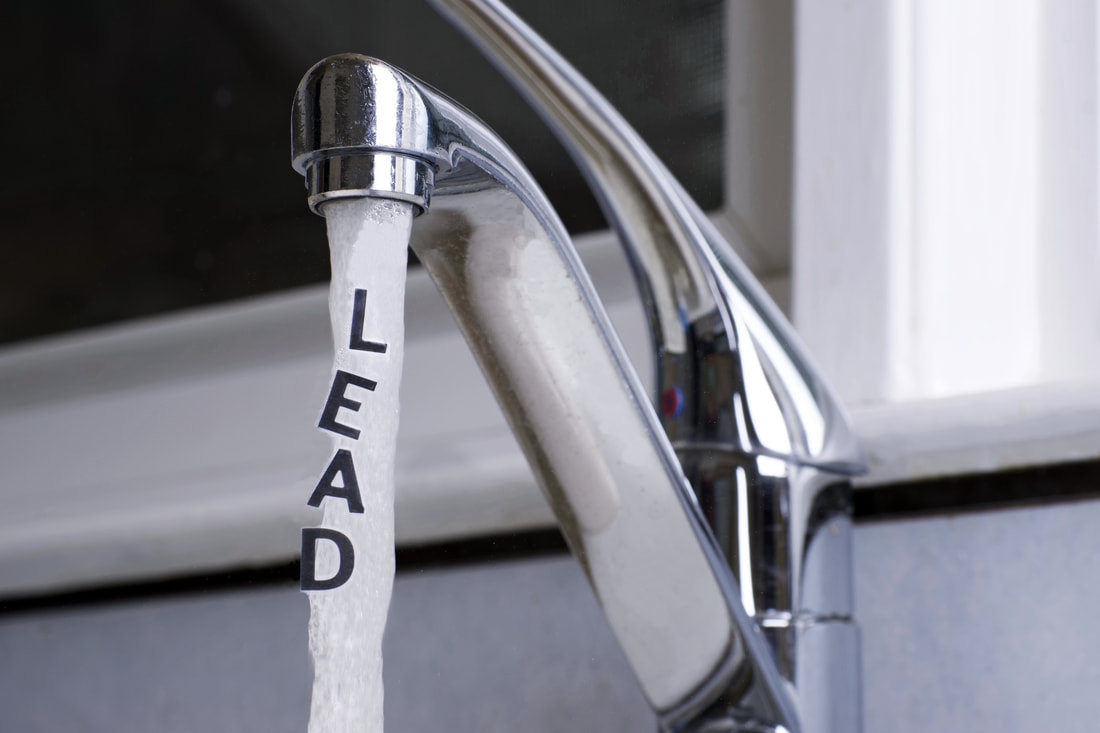|
A Michigan federal judge overseeing the sprawling Flint water crisis litigation put some guardrails Tuesday around a trauma expert's testimony about the effects of the crisis on Flint residents' mental health ahead of an upcoming issues class trial. U.S. District Judge Judith E. Levy restricted somewhat what Stanford professor Daryn Reicherter, director of the university's Human Rights in Trauma Mental Health Program, will be allowed to say about the "community trauma" Reicherter says Flint experienced following the water crisis. Reicherter, an expert in trauma psychiatry and psychology, was retained by Flint plaintiffs to testify about how the water crisis affected Flint residents' mental health. Reicherter's expert testimony includes a discussion of how a community's collective experience of trauma creates a higher risk of individual mental health problems. Granting in part and denying in part engineering company Veolia North America LLC's motion to exclude Reicherter's testimony, Judge Levy said the idea that Flint suffered "community harm" as a whole is not relevant to the claims of individual Flint residents and is not admissible at trial. Reicherter also won't be allowed to discuss community trauma as a type of psychological harm that individuals can experience because "the conception of community trauma is only a brief aside in Dr. Reicherter's report and is not supported or explained in a manner that would enable the court to evaluate its reliability," Judge Levy said in the opinion. However, the judge said the trauma expert would be allowed to opine on how widespread mental health issues in a community could affect individuals' risk of harm. "Dr. Reicherter suggests that individual trauma can lead to dysfunction in community institutions like schools and hospitals, the failure of which can further harm individuals' mental health. This latter point is clearly relevant to the general causation, insofar as it suggests that the water contamination can harm individual mental health, specifically through the mechanism of dysfunctional community institutions," Judge Levy said. The judge threw out Veolia's other complaints about Reicherter's testimony, including that Reicherter's evidence of mental health problems in Flint post-water crisis was based on flawed methodology and failed to account for other socioeconomic factors that could explain a decline in mental health. Judge Levy said the fact that Reicherter's data came from a self-reported survey was not enough to exclude the data when self-reported data is widely used by major academic institutions and in peer-reviewed research, and Veolia could make its arguments about comparing survey data to clinical interview data to the jury. "VNA can certainly challenge the comparison between these data sets in cross-examination of Dr. Reicherter, but their attacks on this comparison do not support excluding this testimony," Judge Levy said. Judge Levy also rejected Veolia's argument that Reicherter failed to account for other potential causes of Flint's rates of mental health disorders, such as poverty. While the data on its own "may not firmly establish causation, the various sources Dr. Reicherter draws upon undermine VNA's arguments that he insufficiently considers other variables that might have an impact on his opinions about causation," Judge Levy said. Tuesday's opinion was the latest in a series of decisions from the judge on Veolia's battery of challenges to nine plaintiffs' experts ahead of the issues class trial, which is set for Feb. 13. So far, Judge Levy has denied Veolia's challenges to the testimony of five other plaintiffs' experts, including Larry Russell, a professional engineer who is an expert in water quality assessments and corrosion mitigation; Clifford Weisel, an expert on the effects of lead exposure' David Keiser, an environmental and natural resource economist; Paolo Gardoni, an expert in engineering ethics, and Panagiotis G. Georgopoulos, a chemical engineering expert. The first bellwether trial over the Flint water crisis, which featured four individual child plaintiffs, was six months long and ended in a mistrial when an Ann Arbor jury failed to reach a verdict in August 2022. Veolia and engineering firm Lockwood Andrews & Newnam PC and its parent corporation, the Leo A. Daly Co., were the defendants in that trial. LAN has since announced it has reached a tentative settlement with the Flint plaintiffs. Representatives of the parties did not immediately respond to a request for comment. Class plaintiffs are represented by Cohen Milstein Sellers & Toll PLLC, Pitt McGehee Palmer Bonanni & Rivers PC, Weitz & Luxenberg PC, Susman Godfrey LLP, Motley Rice LLC, the Law Offices of Teresa A. Bingman PLLC, Bronstein Gewirtz & Grossman LLC, Law Offices of Deborah A. Labelle, NAACP, Goodman & Hurwitz PC, Trachelle C. Young & Associates PLLC, The Dedendum Group, McKeen & Associates PC, Law Office of Cirilo Martinez PLLC, Shea Aiello PLLC, Cynthia M. Lindsey & Associates PLLC, McAlpine PC and Abood Law Firm. Veolia is represented by Michael A. Olsen of Mayer Brown LLP and James M. Campbell and Alaina M. Devine of Campbell Conroy & O'Neil PC. The case is In re Flint Water Cases, case number 5:16-cv-10444, in the U.S. District Court for the Eastern District of Michigan.
0 Comments
Leave a Reply. |
HISTORY
April 2024
Categories |
© Walk 4 Change. All rights reserved.


 RSS Feed
RSS Feed